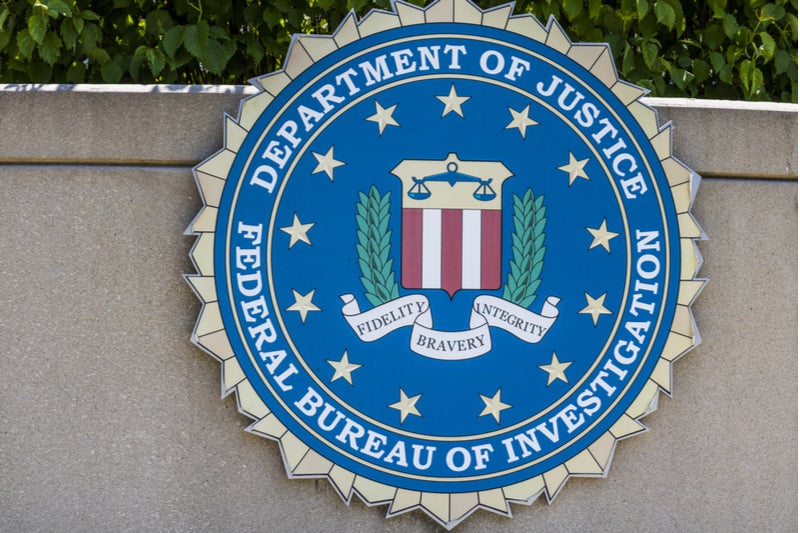The Oregon office of the US Federal Bureau of Investigation recently issued a warning about the privacy and security dangers of smart TVs.
The end-of-year holiday shopping period is a great time to caution consumers about the likely privacy intrusions enabled by the intelligent electronic goods they are bringing in their homes following Black Friday.
Though some might consider the FBI a grumpy Grinch for issuing such a warning, consumers who pay heed could save themselves a lot of headaches. No doubt the agency figures that if it can convince consumers to protect themselves, then it will have fewer cybercrimes to investigate.
Among the security issues around smart TVs that connect directly to the internet is the risk that TV manufacturers and app developers might eavesdrop on viewers. In addition, hackers could take over a viewer’s smart TV, changing channels, altering volume and displaying inappropriate content. Hackers could even use a connected TV to gain access to a user’s router and connected-computer.
Avoiding the hack
The FBI’s warning suggested consumers learn how to control their TV’s features, change TV security passwords if they can, and understand how to turn off or block TV microphones, cameras and the collection of personal information.
How well do you really know your competitors?
Access the most comprehensive Company Profiles on the market, powered by GlobalData. Save hours of research. Gain competitive edge.

Thank you!
Your download email will arrive shortly
Not ready to buy yet? Download a free sample
We are confident about the unique quality of our Company Profiles. However, we want you to make the most beneficial decision for your business, so we offer a free sample that you can download by submitting the below form
By GlobalDataIf those features cannot be switched off, customers might want to consider buying a different model of TV. Another bit of sage advice for any device, including a connected TV, that has a camera, is to cover the camera eye with a piece of black tape whenever it is not in use.
Consumers should also check the manufacturer’s ability to update their TV with security patches and look into the privacy policy for the TV manufacturer and the streaming services used on the TV. Users should confirm what data the manufacturer collects, how it is stored and what the company does with that data.
Other best practices for consumers include staying on top of their broadband security, even if they do not have a smart TV connected to their home network. Setting a unique password for their Wi-Fi router and using strong security is an important step, as is ensuring the router’s firmware remains updated.
To be forewarned is to be forearmed
The FBI warning likely will not impact connected TV sales during this holiday period, since internet connectivity is a highly desired TV feature, especially as the pay-TV cord-cutting trend grows and consumers increasingly adopt streaming TV services. The few consumers that might be dissuaded from buying smart TVs due to this warning were probably already concerned about privacy implications, which the FBI warning simply serves to reinforce.
Nonetheless, warnings such as this can help raise awareness regarding cybersecurity and prompt consumers to do more to maintain their own privacy and security as more and more consumer electronics become internet-enabled.








